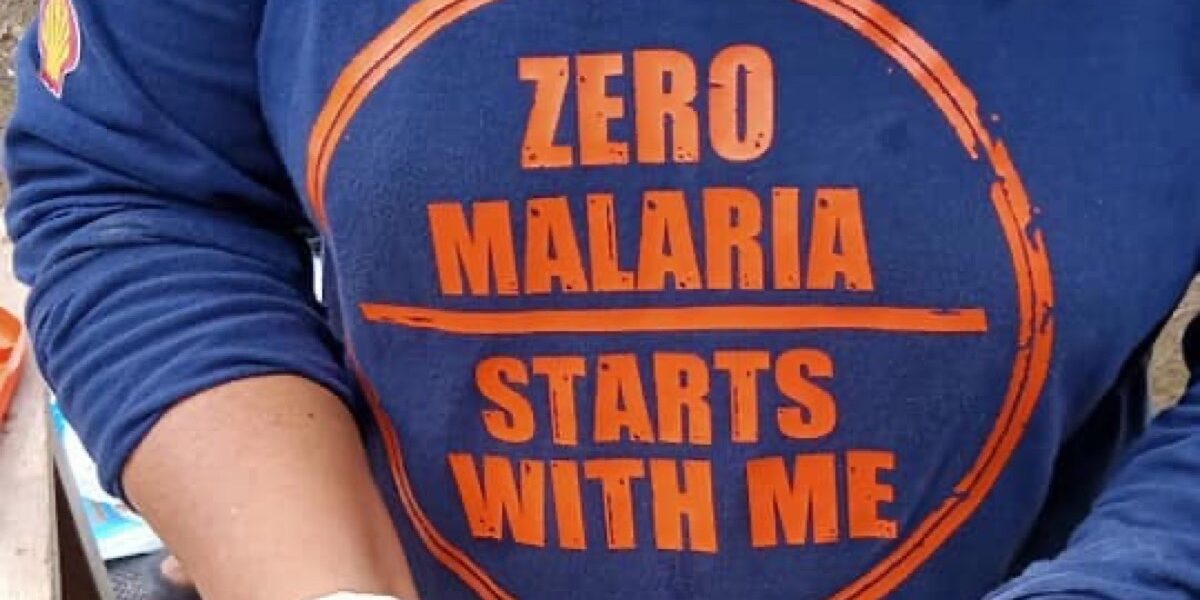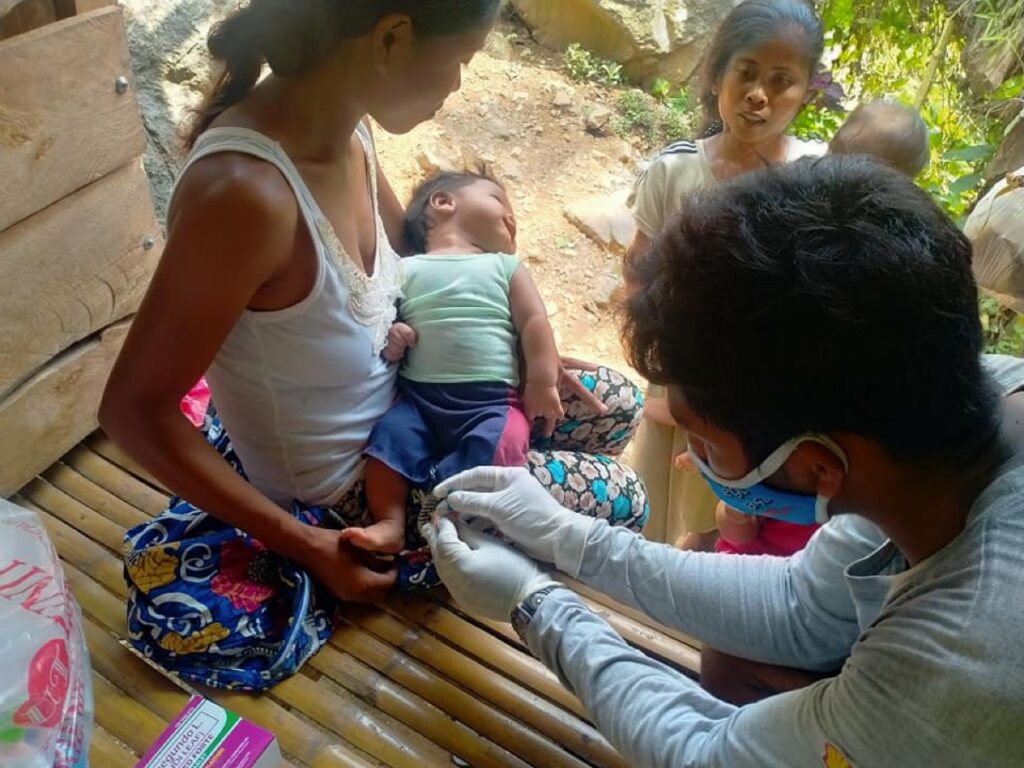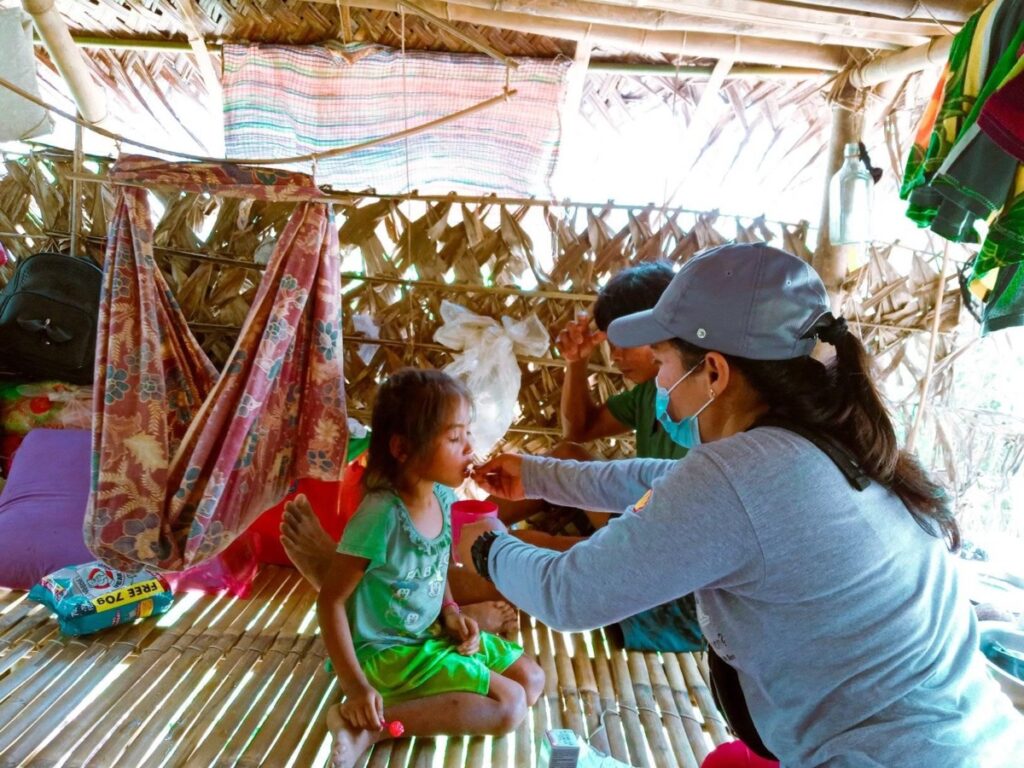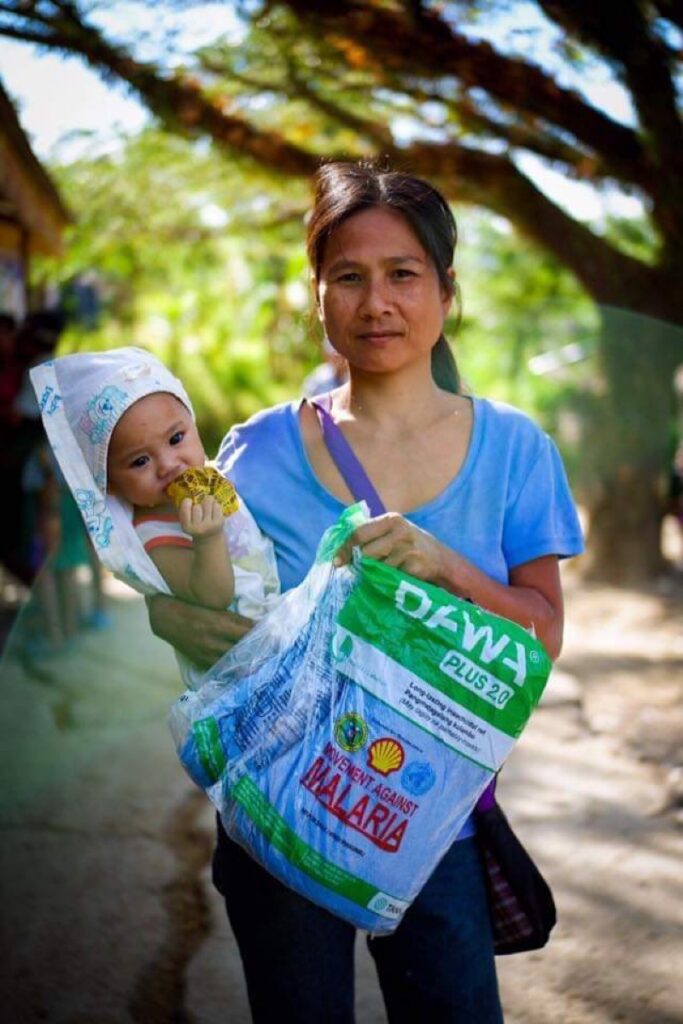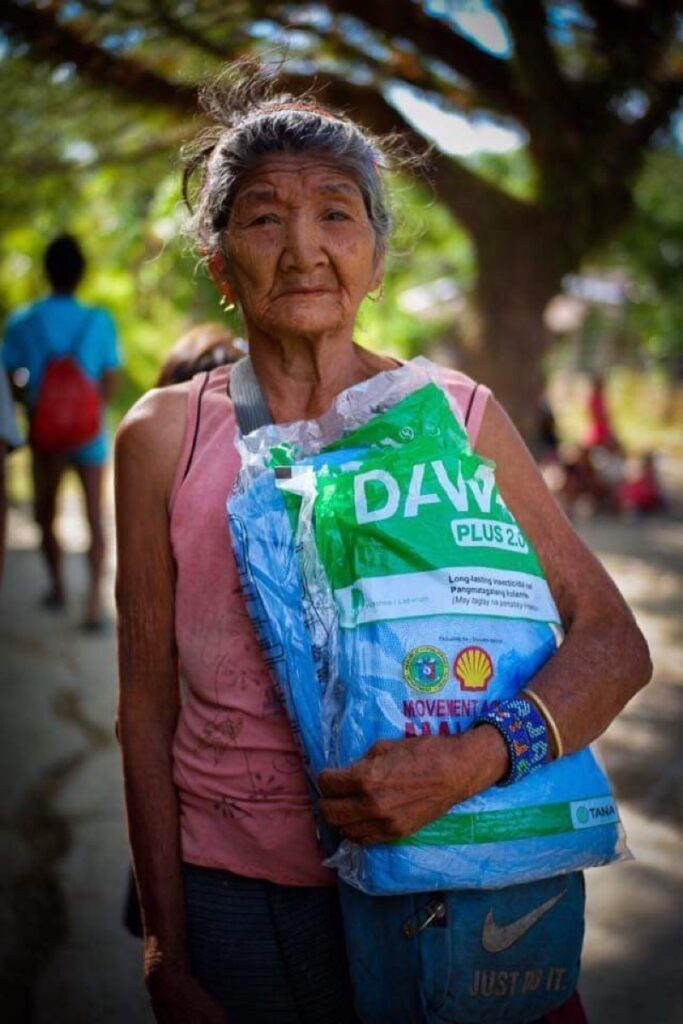Palawan is often referred to as the country’s “last frontier” because of its rich forest and marine life that has also consistently put it on the list of the Philippines’ top tourist destinations.
The conditions that gave Palawan its rich natural resources, however, have also contributed to making it a top breeding ground for the mosquitoes that cause malaria, a prevalent mosquito-borne infection in the country.
Tourists, however, can be assured that the malaria situation is firmly under control, and a big part of the credit goes to the harmonized robust malaria-control programs implemented across the province by Pilipinas Shell Foundation Inc. (PSFI), the social investment arm of the Shell companies in the Philippines, in close partnership with the Department of Health (DOH), The Global Fund and the local government of Palawan.
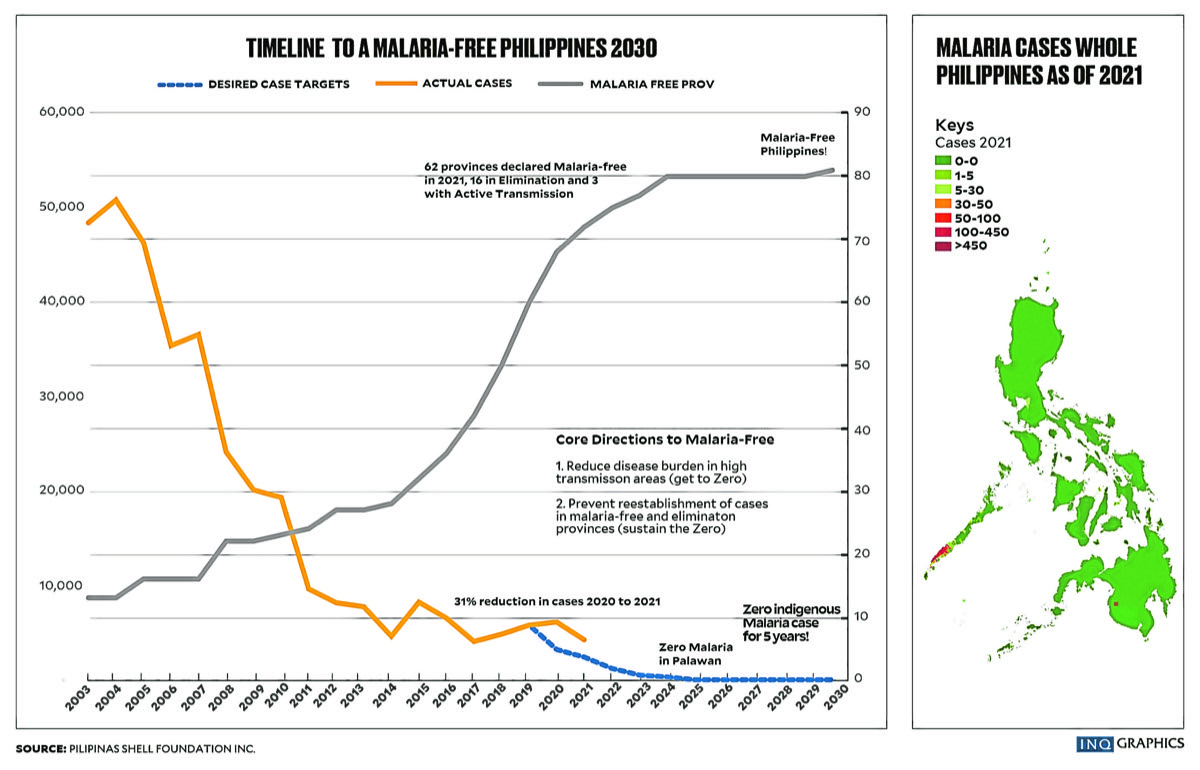
Because of the early diagnosis and prompt treatment protocols that the private-public partners put in place since 1999, initially through the groundbreaking Kilusan Ligtas Malaria program that complemented efforts from the national government, malaria prevalence in Palawan has gone down year after year, to the point that the chances are high that the Philippines will achieve its goal of eliminating the disease by 2030.
This is welcome news for the province that derives a good portion of its revenues from the tourism sector.
PSFI is committed to continue playing a significant role in achieving the zero-malaria goal, which is a fitting culmination of efforts in Palawan that began in 1999 in tandem with the development of the Malampaya natural gas field off northwest Palawan.
Back then, malaria was one of the top causes of morbidity and mortality in Palawan with total cases pegged at 53,451 and deaths at 95. Basic health services and manpower were simply not enough and it was difficult to reach populations including indigenous peoples in the remote areas.
Faced with the grim situation, PSFI, using funds from Shell Philippines Exploration B.V. and its Malampaya joint venture partners, proceeded to contribute what it can to get a grip on the malaria situation, initially by establishing a barangay malaria microscopist in every endemic village in Palawan.
From there, and guided by the National Malaria Control Program that focused on improved case detection, treatment and vector control, hundreds of front-line health-care workers were trained. Microscopy centers were established in most villages in the province to improve case detection. Antimalarial drugs were also secured for treatment and then treated mosquito nets were distributed across the province for vector or mosquito controls.
The successful partnership between PSFI and the provincial and local governments did not go unnoticed, such that in 2006, PSFI became the primary recipient of a grant from The Global Fund to fight AIDS, Tuberculosis and Malaria for malaria control, leading to the Movement Against Malaria (MAM), which expanded the work to other provinces that are most affected by malaria.
The MAM seeks to facilitate the achievement of the country’s goals to reduce the incidence of malaria by 90 percent at the end of 2022 from the 2016 baseline and to achieve a malaria-free Philippines by 2030. Aside from Palawan, MAM covered all the malaria-affected areas in the country and supported the assessment of the capabilities of other provinces to handle the possible reintroduction of malaria.
Indeed, what started in Palawan became a national program.
Due to the visible desirable impacts as measured by improvements in disease indicators and fund efficiency, PSFI remained a reliable primary recipient and was entrusted with four other grants from The Global Fund by the DOH and the Country Coordinating Mechanism overseeing the malaria program, implemented in support of the National Malaria Control and Elimination Program of the DOH.
These grants totaling about $100 million were implemented from 2010 and will run until 2023.At the end of 2021, 62 of the country’s 81 provinces were declared malaria-free; 17 are in the elimination phase and only two still have local cases. The fervent hope is that there will be no more malaria cases by 2025 or 2027 at the latest, so that the entire Philippines can be finally declared malaria-free by 2030.
PSFI, which is celebrating its 40th year, takes pride in doing its part to ensure the success of antimalaria and other needed programs at the local and national levels to support community development and nation-building.
“We will continue to implement programs towards resilient communities. We aim to continue the gains until our country is declared malaria-free.”
— PSFI executive director Sebastian Quiniones Jr.

